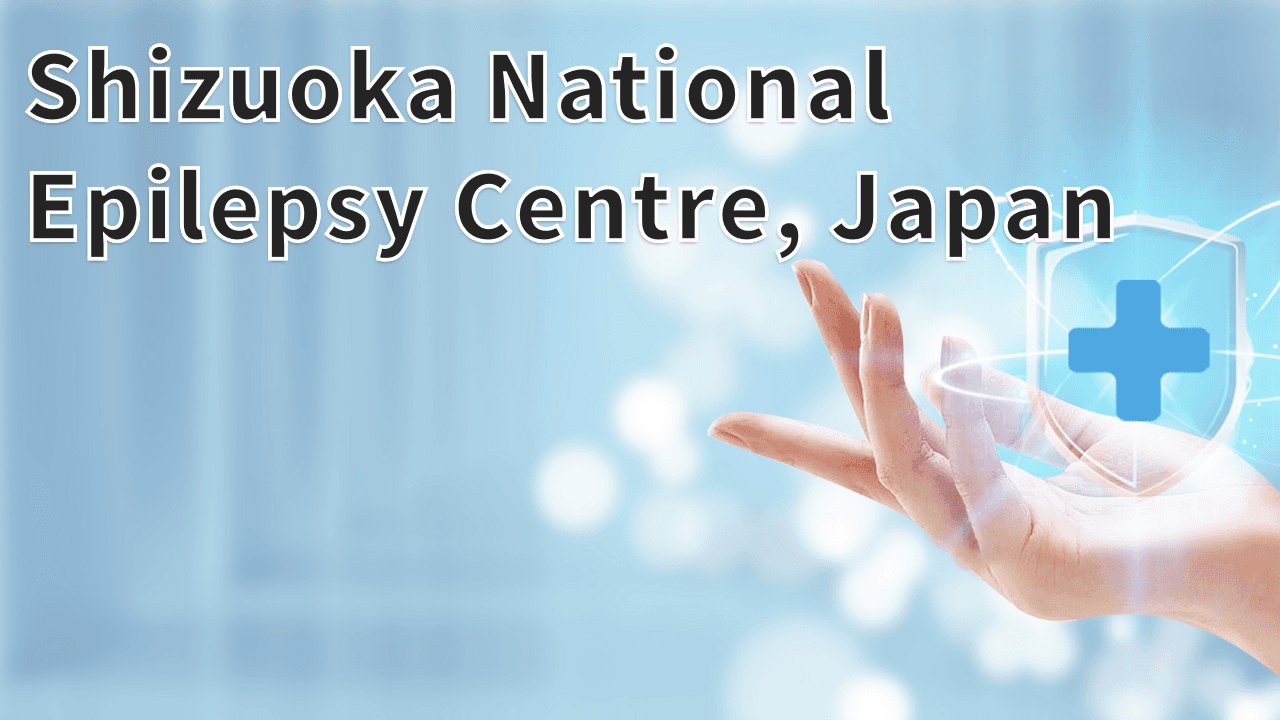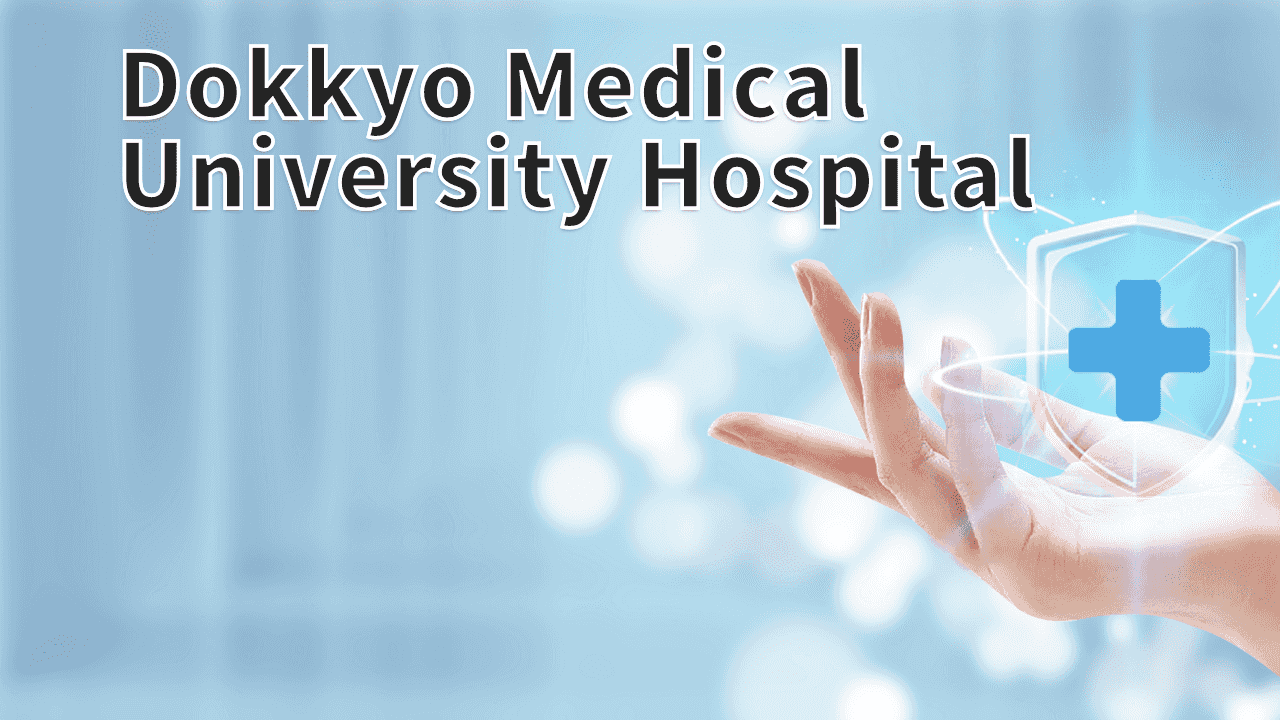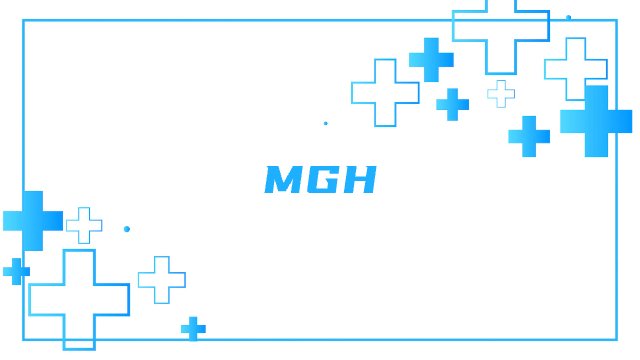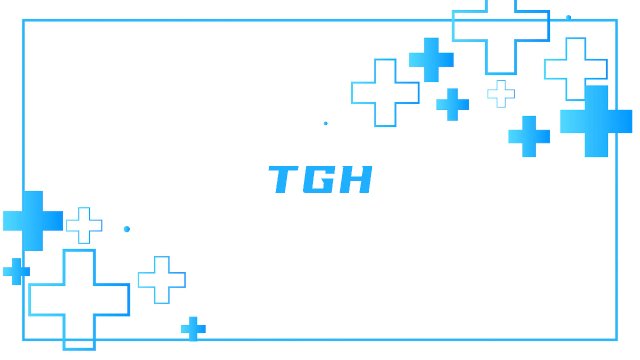The International Institute of Neurosciences (INI) in Hannover, with a hospital building that resembles a giant brain and whose main internal pillar is a lift that looks like a human brain stem, was designed and built by the German company Siemens. The focus is on providing empathetic, high-quality medical care for patients with neurological disorders: internationally renowned specialists, outstanding medical technology and excellent quality of service.

With specialities in neurosurgery, neurology, neuroradiology, ENT, orthopaedics and internal medicine, INI treats mainly neurological disorders. The interdisciplinary nature of the team, which brings together physicians from all of these disciplines as well as orthopaedic treatment related to neurological disorders, allows for disease-specific, patient-centred clinical care.
With 100 beds, 16 intensive care beds and 7 operating theatres, the INI is equipped with new medical technology and facilities and has a unique, upscale, hotel-like design that often makes patients forget they are in a hospital. The Neurosurgery Centre and its Director, Professor M. Samii, are internationally renowned and renowned for their expertise in all areas of neurosurgery, including: brain tumour surgery, skull base surgery, cerebrovascular surgery, epilepsy surgery, spinal neurosurgery, functional neurosurgery and stereotactic neurosurgery.
The conditions treated by INI include
1,Brain disorders (brain and skull base tumours, arteriovenous malformations, aneurysms, cavernous aneurysms)
2,Spinal cord disorders (tumours, spinal cord cavitation, arteriovenous malformations), spinal and limb disorders (disc disease, vertebral fractures, arthropathies)
3,Peripheral nerve disorders (tumours, plexiform paralysis dementia, neurotrauma)
A unique focus of the INI is the interdisciplinary, surgical and interventional radiological approach to the treatment of vascular malformations and tumours of the nervous system. Radiation therapy (e.g. Gamma Knife) can be used as a single treatment or as part of an overall treatment plan, depending on individual needs. Continuous tests usually start at 8:30 on the day of admission, surgery the next day, ICU stay of 1-2 days and transfer to a general ward; ward stay of 1-2 weeks followed by discharge, continued stay in Germany for 1 week after discharge, return to INI for 1-2 follow-ups a week after discharge and then return to China or continue radiotherapy and chemotherapy in Germany, which is not required for benign tumours.
Advantages of INI's medical technology and support
1,Intraoperative angiography
The unique collaboration between neurosurgeons and interventional radiologists is an advantage in the treatment of difficult tumours or cerebrovascular malformations.

2,Intraoperative MRI
Advanced intraoperative high magnetic field MR can be used for brain tumour surgery, which is a particular highlight, allowing for maximum and complete removal of the tumour while minimising the risk of postoperative neurodegeneration.
3, Intraoperative navigation
By integrating sophisticated and sophisticated neuro-navigation equipment, surgeons can safely remove pathological structures in the brain that are invisible to the naked eye.
4, Individualised surgical customisation
Based on images obtained with 3 Tesla MR, combined with advanced imaging software data, surgical solutions are customised. ini offers exceptional patient comfort, with all facilities designed to remove the feeling of being in a hospital at all times and create a hotel-like experience for patients. All patients' rooms are fully furnished with parquet flooring and modern comfortable furniture. The spacious windows and airy rooms make patients feel fresh. Many rooms also enjoy beautiful views of the surrounding neighbouring park.

INI offers single, double and triple rooms, as well as individual suites for patients and their accompanying family members. All rooms are equipped with hotel-style bathrooms and can also accommodate the needs of patients with disabilities. The wards are equipped with a variety of amenities, including sofas for meeting friends and family. The rooms are decorated with artwork, paintings and sculptures. All of this helps to ease the psychological burden of the illness.






